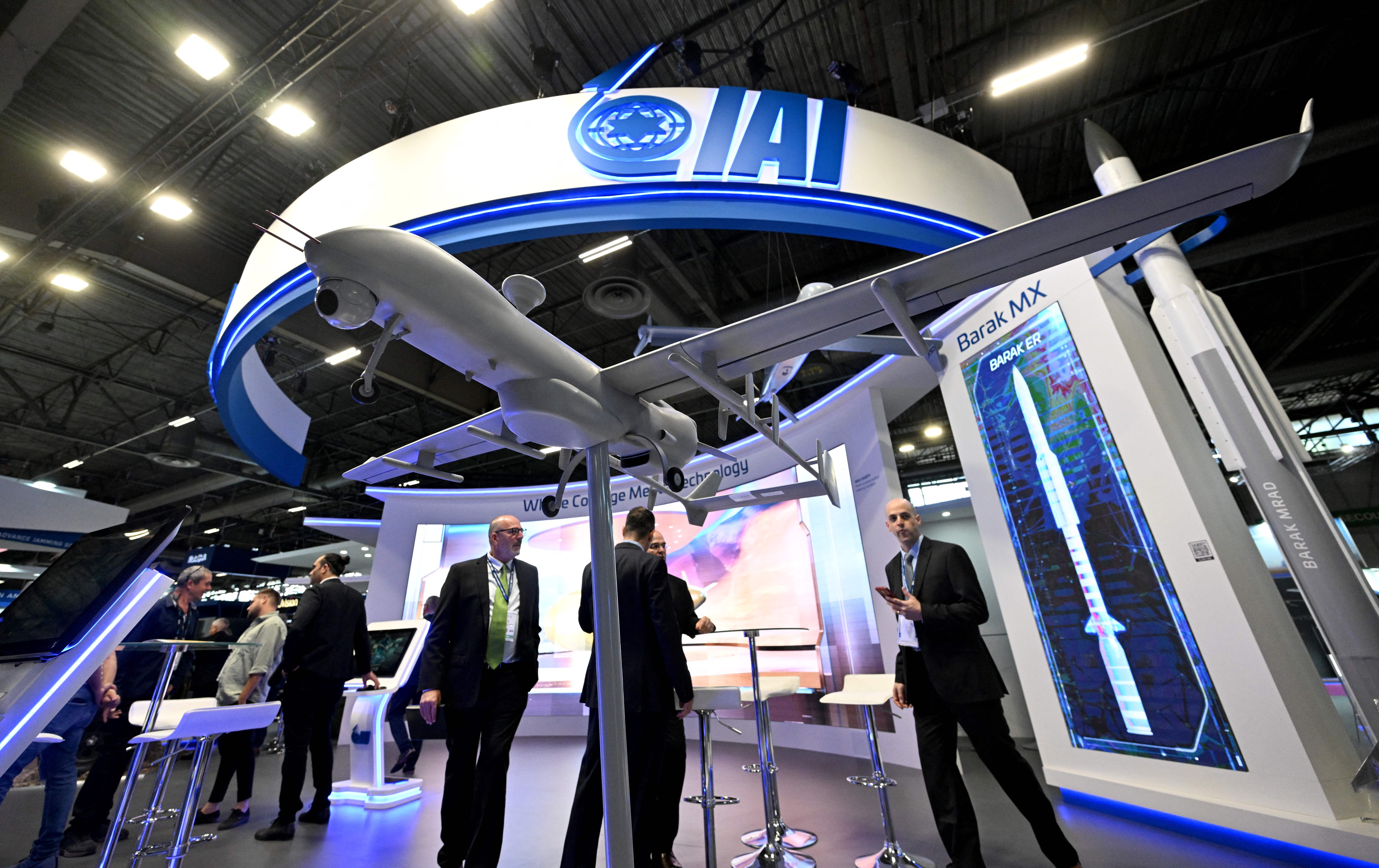Israel's Defense Showcase: Navigating Uncertainty at the Paris Air Show
 The Tech Times
The Tech Times
The Paris Air Show, a prestigious event that attracts aerospace and defense organizations from around the globe, is set to feature a range of innovative weaponry and technology. Among the participants, Israeli defense companies are poised to unveil their latest advancements. However, the road to participation has not been without its challenges, as uncertainty looms over their involvement.
A Platform for Innovation
Traditionally, the Paris Air Show serves as a vital platform for nations to display their military prowess and technological advancements. For Israel, a country renowned for its cutting-edge defense technology and strategic innovations, this event is an opportunity to reinforce its reputation on the international stage. Israel’s defense industry is a powerhouse, contributing significantly to the nation's economy and security.
Historical Context and Challenges
Israel's defense sector has evolved significantly since the nation’s founding in 1948. From its early days of relying on foreign imports, Israel has transformed into a major exporter of advanced military technology. This transition has been driven by a combination of necessity and innovation, spurred by the country's geopolitical challenges and resource constraints.
Despite its successes, the Israeli defense industry has often navigated complex international waters, facing challenges such as regulatory hurdles, export restrictions, and political dynamics. These factors contribute to the current uncertainty surrounding their participation in global events like the Paris Air Show.
The Uncertainty Factor
The hesitation among Israeli defense companies reflects broader concerns about international relations and compliance with global standards. These companies must navigate export laws and regulations that can be stringent and unpredictable. Additionally, political tensions and diplomatic considerations can impact their ability to showcase technologies that might be deemed sensitive.
Furthermore, global events such as the ongoing geopolitical tensions and economic fluctuations add layers of complexity to international exhibitions. Companies must weigh the benefits of exposure against the risks of potential diplomatic fallout or regulatory backlash.
Technological Marvels Set for Display
Despite these uncertainties, Israeli companies continue to push the boundaries of defense technology. Innovations likely to be showcased include advancements in UAV (Unmanned Aerial Vehicle) technology, missile defense systems, and cyber defense capabilities. Israel's Iron Dome missile defense system, for instance, has garnered international acclaim for its effectiveness and has become a symbol of the nation’s technological ingenuity.
Moreover, Israel's focus on cyber defense is particularly pertinent in today's digital age. As cyber threats continue to evolve, Israeli companies are at the forefront of developing robust solutions to protect critical infrastructure and national security interests.
Conclusion: A Balancing Act
As the Paris Air Show approaches, Israeli defense companies find themselves at a crossroads. The event presents an invaluable opportunity to align with global partners and showcase technological achievements. However, the path is fraught with uncertainties that require careful navigation.
Ultimately, the decision to participate involves a strategic balancing act between seizing opportunities for growth and innovation, and managing the complex web of international relations and regulatory compliance. For Israel, the stakes are high, but the potential rewards make the endeavor worthwhile.
As the world watches the unfolding of the Paris Air Show, Israeli defense companies will seek to make a compelling case for their technological leadership, demonstrating resilience and adaptability in an ever-changing global landscape.
Subscribe to my newsletter
Read articles from The Tech Times directly inside your inbox. Subscribe to the newsletter, and don't miss out.
Written by
